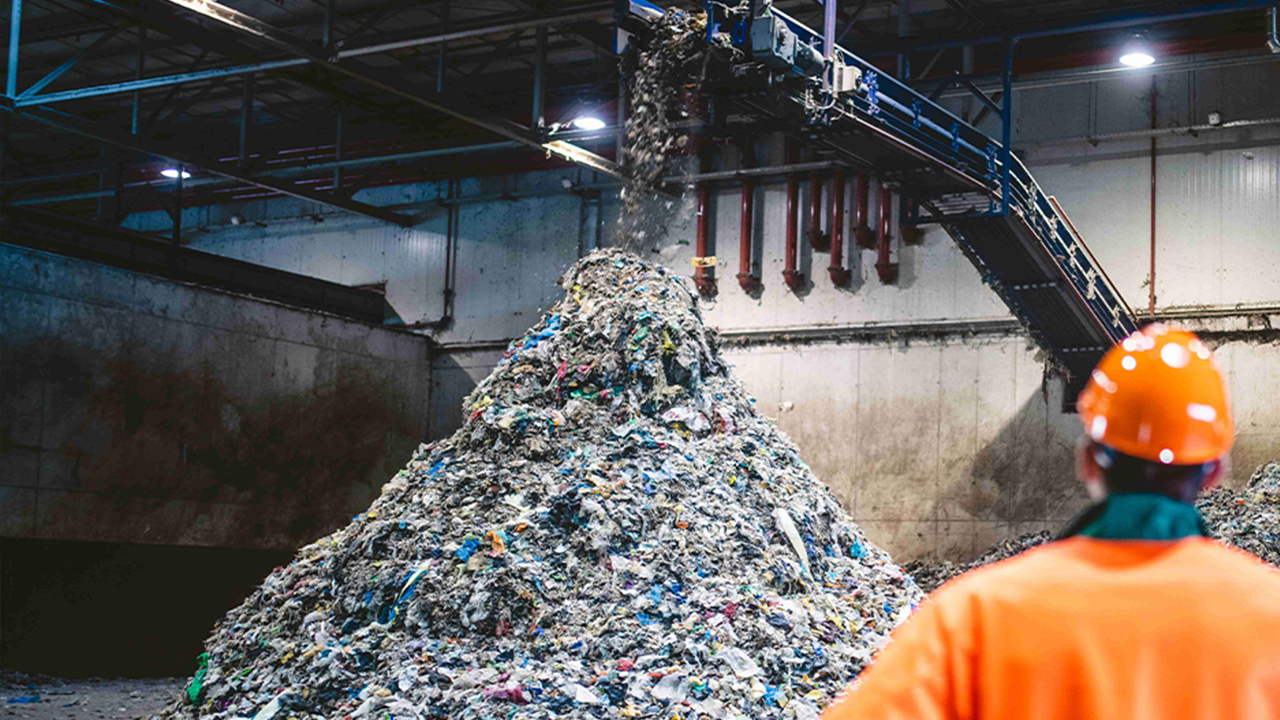A guide to the special tax on non-reusable plastic packaging
By Gemma Piñero, HLB Spain

This guide explains the special tax on non-reusable plastic packaging which came into force on 1st January 2023 in Spain, related to order HFP/1314/2022, of 28 December.
The most important aspects of the new special tax are:
Taxable event
The manufacture, importation or intra-community acquisition of non-reusable plastic packaging is subject to this special tax. Its irregular introduction in the territory where the tax is levied is also subject to the tax.
Tax payers
Tax payers are individuals or legal entities (as well as entities under art. 35. 4 of the General Tax Law) that carry out the manufacture, importation, or intra-Community acquisition of the non-reusable plastic packaging. In the case of irregular introduction, the person who possesses, markets, transports or uses them will have this condition.
Taxable base and tax rate
The taxable base will be formed by the quantity of non-recycled plastic, expressed in kilograms. The tax rate will be 0.45 euros per kilogram.
Settlement of the tax
In the case of intra-community manufacture and acquisition, taxpayers are obliged to self-assess and pay the tax. The settlement period will coincide with the calendar quarter, except for those taxpayers who settle the value added tax on a monthly basis, in which case this tax will also be settled monthly. With regard to imports, their settlement will be governed by customs regulations.
Invoicing and census obligations
Among the accounting and formal obligations introduced with the new tax, the following stand out:
- Census obligations: The obligation to register with the Territorial Registry of the Special Tax on non-reusable plastic packaging is established.
- Taxpayers not established in Spanish territory: They will be obliged to appoint a natural person or legal entity to represent them before the Tax Administration.
- Obligations of repercussion and information: These vary depending on whether they are:
- Manufacturers (first sale or delivery after manufacture): They must pass on the tax to the purchaser and include in the invoice, among other information, the tax payments accrued and the quantity of non-recycled plastic sold.
- Other cases: At the purchaser’s request, (i) the amount of the tax paid for such products and (ii) the quantity of non-recycled plastic contained in the products must be stated on the invoices issued or by means of a certificate.
This Order approves Form 592 “Special tax on non-reusable plastic packaging. Self-assessment” and Form A22 “Special tax on non-reusable plastic packaging. Request for refund”. Likewise, the manner and procedure for their filing are determined, and the registration with the territorial registry, the accounting and the submission of the inventory registry book are regulated:
Registration with the Territorial Registry
It is made compulsory for manufacturers and intra-community purchasers to register in the territorial registry. Intra-community purchasers are exempt from this obligation if they do not exceed 5 kilograms of non-recycled plastic in a calendar month and must register as soon as this threshold is exceeded.
Regarding representatives of non-resident taxpayers, registration with the registry must be applied for prior to the first transaction constituting a taxable event.
Accounting and Inventory Registry Book
Taxpaying manufacturers are obliged to keep accounts for the products subject to the tax in accordance with the format established in the Order.
With regard to intra-community purchasers, they are obliged to keep an inventory registry book, unless they are not obliged to be registered in the territorial registry (i.e., they do not exceed 5 kg of non-recycled plastic in the calendar month).
Implications on VAT
The new plastic tax will be part of the VAT tax base. This has a direct effect on other tax returns, such as the Information Supply System (“SII”), Form 349, etc., since it is only in the case of manufacturing that it is compulsory for the invoice to include the amount of plastic tax charged.
For wider information: Click here
Related content






